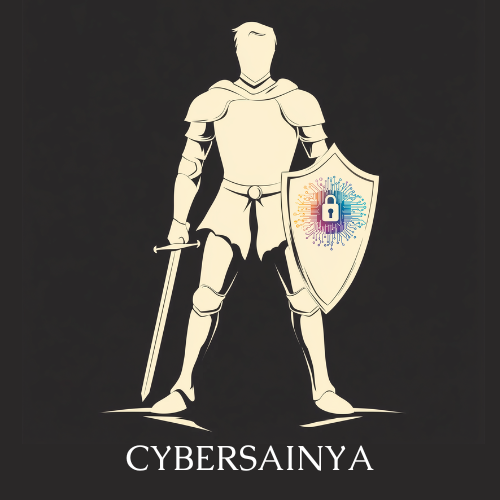Hurricane Milton & Weather Event Scams
- CyberSainya

- Oct 10, 2024
- 2 min read
Nick Kelly, Joby James
Hurricane Milton is hitting Florida residents hot on the heels of Hurricane Helene. Large weather events like this often come with two phases of scams; price gouging and identity/financial fraud. There are measures you can take to keep yourself protected and vigilant against these scams.
When a major weather event is pending, look out for price gouging. This might occur at hotels, airports, and gas stations. In grocery stores, items that are subject to price gouging include rice, cereal, snacks, baby formula, and bottled water. In this particular event, consumers can contact the Florida Attorney General’s gouging hotline at 1-866-966-7226 to report any vendors exploiting the storm in an unethical manner. Consumers can report potential fraud online at www.justice.gov/DisasterComplaintForm . The Federal Trade Commission also collects reports of this practice at ReportFraud.ftc.gov.
Following an event, scammers may pose as aid providers looking for payment in exchange for recovery efforts. Consumers should rely on local, trusted media and law enforcement for their news. Workers engaging in recovery efforts do not charge for their services. They must register and carry their identification that verifies their association with FEMA, the Small Business Administration, or the Department of Homeland Security.
Scammers nicknamed “Storm Chasers” may request upfront payment for home improvement or tree removal services. Fraudulent individuals may seek personal and financial information under the guise of helping homeowners file insurance claims. The Federal Communications Commission warns against giving out policy information with anyone you have not entered a contract with. Check with your insurance company before sharing any information.
Scammers may also ask for upfront payment when offering disaster relief or assistance such as emergency shelter, food, legal help, and medical supplies. The FCC states that “officials with government disaster assistance agencies do not call or text asking for financial account information.” Officials say scammers will insist you pay for services by wire transfer, gift card, payment app, cryptocurrency or in cash. Officials also said not to sign over insurance checks, and always be sure to get written estimates for repairs.
One more approach popular with scammers is disaster relief charity and donations. Scammers have used AI to generate storm damage and victim photos. Many use fundraising sites like GoFundMe, which makes verifying them difficult. Verify all emails or phone numbers. Check the organization’s legitimacy through Charity Watch, Charity Navigator, or the Better Business Bureau’s Wise Giving Alliance.




Comments